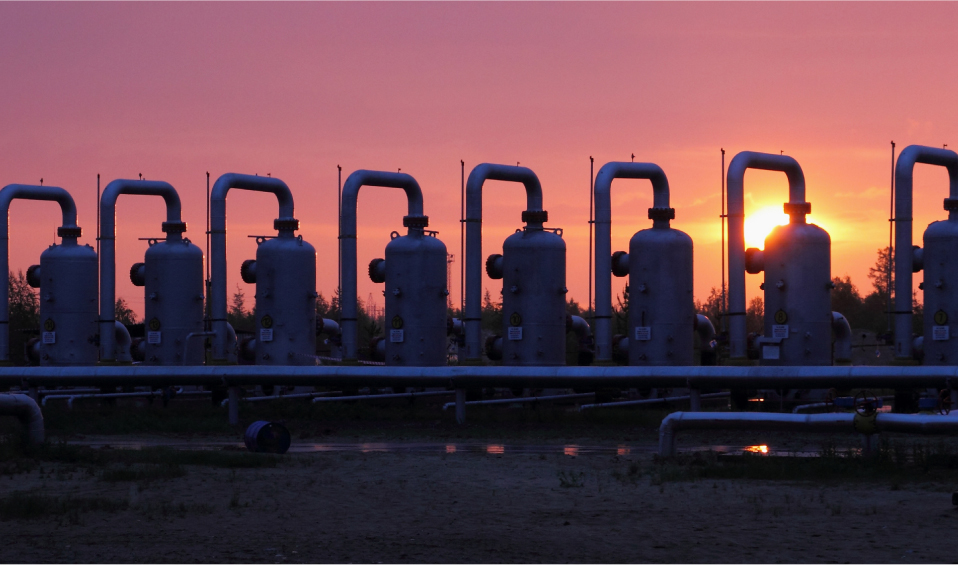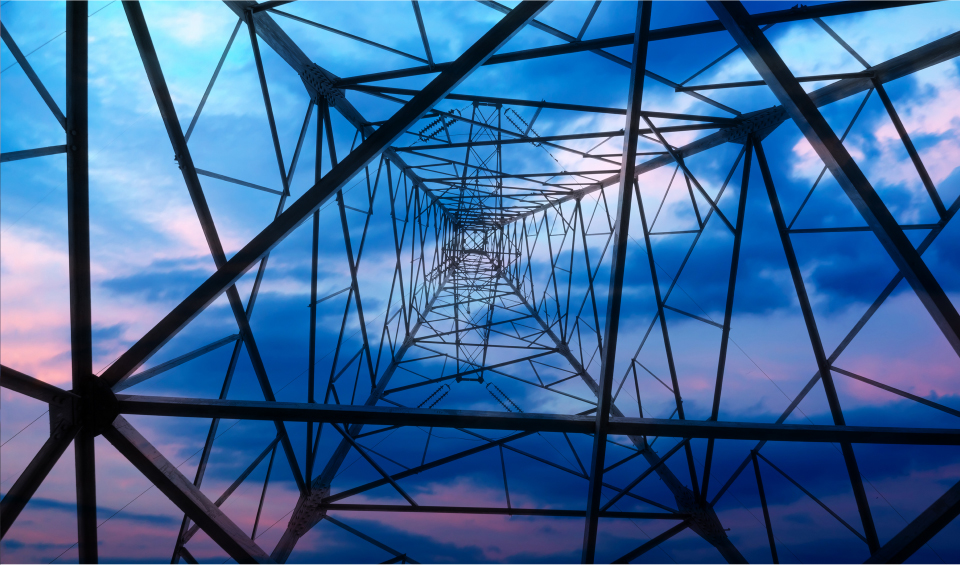
Thanks to ESCP Business School's Energy Management Centre wide network in the academic and business communities, our views on energy news give you comprehensive insight into energy issues.
Please join us...
On the 7th of January 2016, Saudi deputy crown prince, Mohammed bin Salman, the King’s son, told the Economist magazine that ”the Saudi government is considering whether to sell shares in state oil giant Saudi Aramco as part of a privatisation drive to raise money in an era of cheap oil”.
Saudi Aramco is the world's largest oil company with crude reserves reported to be 267 billion barrels, over 16% of all global oil deposits. It employs 60,000 people worldwide and produces 10 million barrels a day (mbd), three times Exxon Mobil’s. If it went public, it could become the first listed company valued at more than $1 trillion or more, almost three times as much as the world's largest listed oil company, Exxon Mobil, analysts have estimated.
The front-page maker, deputy crown prince, Mohammad bin Salman, the favorite son of Saudi King Salman, made waves at the beginning of the year by suggesting that Aramco, the state-owned energy monopoly, was nearing its first ever IPO. Most of the comments, unsurprisingly, circled as vultures over the assumptions of what it might be worth.
Since ExxonMobil, boasting of the possession of 25bn barrels of oil, is estimated to be worth around $320bn, Aramco with its immense hydrocarbon reserves of 261bn barrels could weight some $3400bn.
An expert with Bloomberg called the most likely capitalization of Aramco something ”out of this world”. While another shrewd market watcher claimed the final fix of the price tag for the Saudi’s giant would make Apple look like a ”small family owned business.”
In mid-January, Greece paved the way for an accelerated economic and trade engagement of the basically de-sanctioned Iran by purchasing the first batch of barrels of Iranian oil.
The reinstatement of Iran as a bona fide partner was later impressively manifested by the European tour to Italy and France by its President Hassan Rouhani, who netted quite remarkable benefits thus providing an unequivocal answer to the question used as a title for his study by expert Euler Hermes “Iran: Back in the game?” Indeed, this is a comeback for the 80-million nation, heir of the Persian Empire, and the would-be new regional leader.




527 Finchley Road
London NW3 7BG
United Kingdom
Tel: +44 (0)20 7443 8800
Fax: +44 (0)20 7443 8845
E-mail: [email protected]










